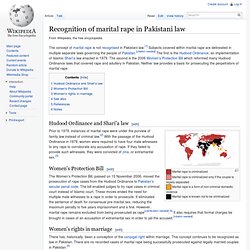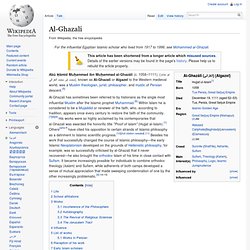

Bosnian Genocide. The term Bosnian Genocide refers to either genocide at Srebrenica and Žepa[8] committed by Bosnian Serb forces in 1995 or the ethnic cleansing campaign throughout areas controlled by the Army of the Republika Srpska[9] that took place during the 1992–1995 Bosnian War.[10] The events in Srebrenica in 1995 included the killing of more than 8,000 Bosnian Muslim men and boys, as well as the mass expulsion of another 25,000–30,000 Bosnian Muslim civilians, in and around the town of Srebrenica in Bosnia and Herzegovina, committed by units of the Army of the Republika Srpska (VRS) under the command of General Ratko Mladić.[11][12] The ethnic cleansing campaign that took place throughout areas controlled by the VRS targeted Bosnian Muslims and Bosnian Croats.

United Nations[edit] On 18 December 1992, the United Nations General Assembly resolution 47/121 in its preamble deemed ethnic cleansing to be a form of genocide stating: On 12 July 2007, in its judgement on the Jorgić v. Milošević Trial[edit] Map3.1NEW_Womens_Physical_Security_2011_compressed. Recognition of marital rape in Pakistani law. The concept of marital rape is not recognised in Pakistani law.[1] Subjects covered within marital rape are delineated in multiple separate laws governing the people of Pakistan.

[citation needed] The first is the Hudood Ordinance, an implementation of Islamic Shari'a law enacted in 1979. The second is the 2006 Women's Protection Bill which reformed many Hudood Ordinance laws that covered rape and adultery in Pakistan. Neither law provides a basis for prosecuting the perpetrators of marital rape. Hudood Ordinance and Shari'a law[edit] Marital rape is criminalized Marital rape is criminalized only if the couple is legally separated Marital rape is a form of non-criminal domestic violence Marital rape is known not to be criminalized Women's Protection Bill[edit] The Women's Protection Bill, passed on 15 November 2006, moved the prosecution of rape cases from the Hudood Ordinance to Pakistan's secular penal code.
Women's rights in marriage[edit] Jewish Nobel Prize Winners vs. Islamic Nobel Prize Winners. Copyright © Jewish Internet Defense Force All Rights Reserved The views expressed on this website do not necessarily reflect the views of the JIDF.

The content is not intended to malign any religion, ethnic group, club, organization, company or individual. This site's intention is to do no harm, to not injure others, defame, or libel. All data and information provided on this site is for informational, educational, and/or entertainment purposes only. The Jewish Internet Defense Force (JIDF) makes no representations as to accuracy, currentness, correctness, suitability, or validity of any information on this site and will not be liable for any errors, omissions, or delays in this information or any losses, injuries, or damages arising from its display or use, or access to this site.
Bride kidnapping. Thought to be a bride kidnapping in-progress in Central Asia, circa 1870 Bride kidnapping, also known as marriage by abduction or marriage by capture, is a practice in which a man abducts the woman he wishes to marry.

Bride kidnapping has been practiced throughout history around the world and continues to occur in countries in Central Asia, the Caucasus region, and parts of Africa, and among peoples as diverse as the Hmong in Southeast Asia, the Tzeltal in Mexico, and the Romani in Europe. In most countries, bride kidnapping is considered a sex crime, rather than a valid form of marriage. Some versions of it may also be seen as falling along the continuum between forced marriage and arranged marriage.
The term is sometimes used to include not only abductions, but also elopements, in which a couple runs away together and seeks the consent of their parents later; these may be referred to as non-consensual and consensual abductions respectively. Background and rationale[edit] Al-Ghazali. Abū Ḥāmid Muḥammad ibn Muḥammad al-Ghazālī (c. 1058–1111); (ابو حامد محمد ابن محمد الغزالي), known as Al-Ghazali or Algazel to the Western medieval world, was a Muslim theologian, jurist, philosopher, and mystic of Persian descent.[5] Al-Ghazali has sometimes been referred to by historians as the single most influential Muslim after the Islamic prophet Muhammad.[6] Within Islam he is considered to be a Mujaddid or renewer of the faith, who, according to tradition, appears once every century to restore the faith of the community.[7][8][9] His works were so highly acclaimed by his contemporaries that al-Ghazali was awarded the honorific title "Proof of Islam" (Hujjat al-Islam).[1] Others[who?]
